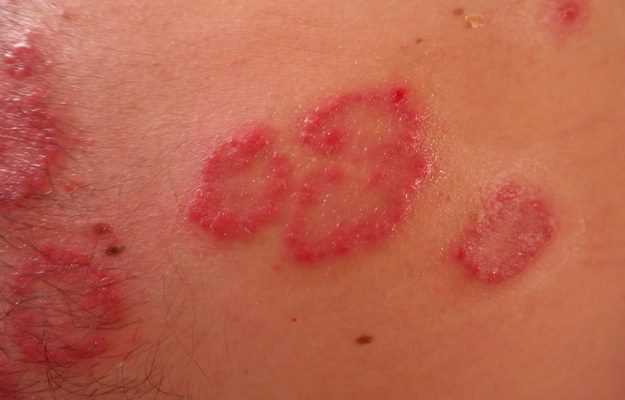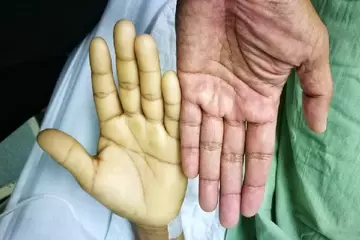What is Rubella?
Rubella or German measles is an infectious disease caused by the rubella virus. Children suffer from fever and rash due to the same. If it affects a pregnant female, it may result in a dire emergency due to miscarriage, stillbirth, death, or congenital rubella syndrome.
Due to its communicable nature, the infection is easily transmitted by sneezing and coughing. Humans remain the only host for the infection. However, if a person gets infected with the virus, the immune system suppresses any such subsequent infections.
What are the main associated signs and symptoms?
The common symptoms of the rubella infection are
- Rash on the face, which spreads to other parts of the body
- Fever
- Swollen lymph nodes
- Aching joints in young females
In serious cases, the condition may bring out complications in the form of
- Menstrual issues
- Arthritis
- Brain infection
In children, the condition has the following symptoms
- Mild fever below 39°C
- Conjunctivitis
- Nausea
- Swollen lymph glands
The virus spreads quickly in the body within a week and symptoms begin at the end of two weeks.
Rubella infection is serious for a pregnant woman in the first trimester. The infection leads to congenital rubella syndrome, and this causes the child to excrete the virus for one-year post birth. Likewise, other defects that may creep in the foetus are
- Heart abnormalities
- Loss of sight
- Spleen or liver damage
- Intellectual disability
What are its main causes?
Like all other viral infections, the rubella virus spreads through infected droplets from coughing and sneezing. The incubation period is quite long and takes at least 10 days for the symptoms to appear. For people with lower immunity, an air mask is suggested to avoid acquiring the infection. Children and pregnant women are particularly susceptible to the infection and must be vaccinated against the virus.
How is it diagnosed and treated?
The symptoms of rubella infection match closely with viral rashes. Hence, a variety of laboratory tests may be conducted to detect the presence of the infection. A virus culture or blood test may further assert the presence of rubella antibodies in the bloodstream.
There is no specific treatment for rubella, and it takes its own course. Treatment involves managing the symptoms using antipyretics to control fever, anti-histamines to reduce itching and emergency treatment in case of pregnant women.
For protection against measles, mumps, and rubella, a combination vaccine called MMR is usually given as a preventive strategy. The MMR vaccine is extremely safe and effective.
There are two vaccines that can prevent rubella:
- The MMR vaccine protects children and adults from rubella measles and mumps
- The MMRV vaccine protects children from rubella, measles, mumps, and chickenpox

 OTC Medicines for Rubella (German Measles)
OTC Medicines for Rubella (German Measles)















